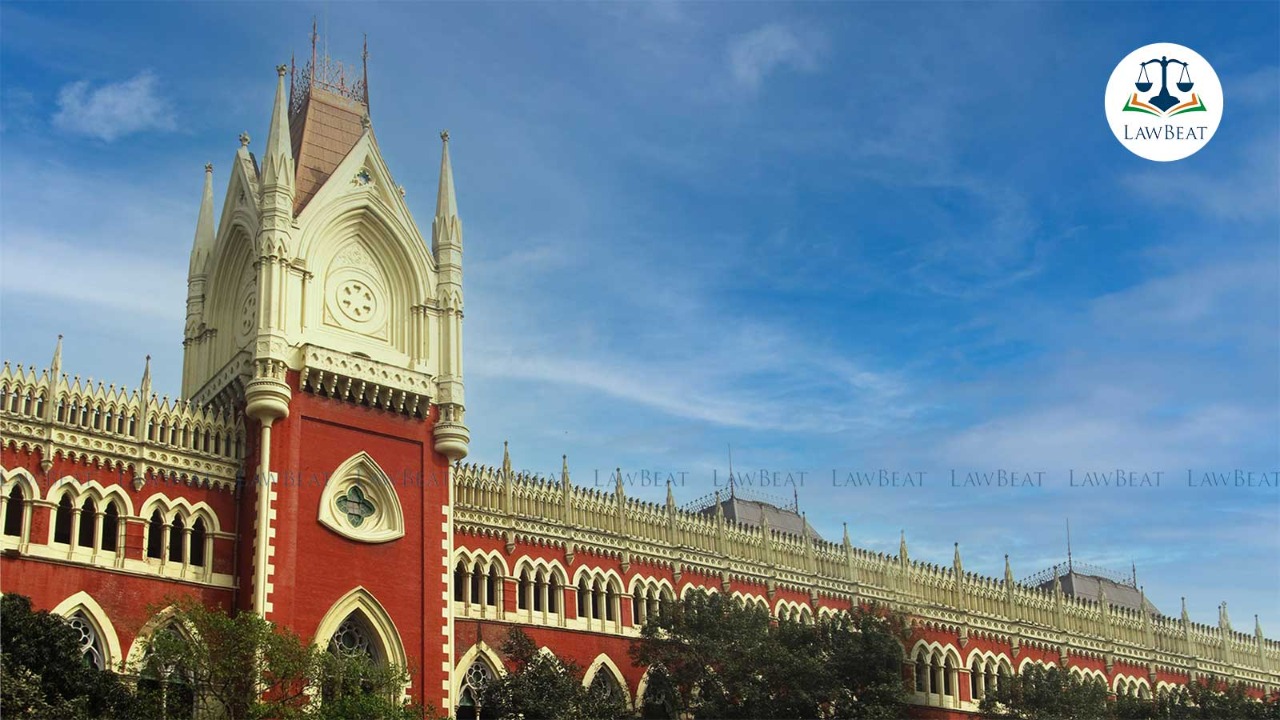Non-Teaching Employees of hostel/mess should be treated as Permanent Employees: Calcutta High Court

Court ordered that non-teaching employees of the Malda Polytechnic hostel/mess be treated as permanent employees of the college and be granted allowances including service benefits.
The Calcutta High Court recently directed the Director of Technical Education & Training, Government of West Bengal to treat the non-teaching employees of the hostel/mess of Malda Polytechnic College as permanent employees and grant them allowances including service benefits.
The division bench of Justice I.P. Mukherji and Justice Biswaroop Chowdhury ordered so while dismissing the appeal filed by the Director of Technical Education & Training, Government of West Bengal.
Court said, "In this appeal, the appellant has not been able to disprove the facts found by the learned first court. The facts stand uncontroverted. On these facts, no other conclusion is possible to save and except the respondents have to be treated and regularized as permanent employees of the Malda Polytechnic with a right to claim salary as an employee of the state."
Malda Polytechnic was taken over by the government in December 1975, according to a notification issued by the technical section of the Education Department of the Government of West Bengal. Another announcement said that a hostel committee will be formed in every mess and hostel affiliated with an engineering and technology college.
The notification stated that these employees would be entitled to fifty percent of the dearness allowance granted by the state government to its employees with comparable pay scales.
One Madan Mohan Sarkar and others (“Respondents in this appeal”) filed a writ petition seeking a mandamus order compelling the Malda Polytechnic and the Director of Technical Education & Training Govt. of W.B. (“Appellant”) to treat them as college employees and grant them the college’s pay scale and other benefits.
By judgment and decision of May 21, 2010, the single judge had declared the writ petitioners to be permanent non-teaching Group- D employees of that college, and so entitled to pay and allowances. The appellant filed an appeal after being dissatisfied with the ruling.
The court observed that the argument that the high court, exercising its writ jurisdiction, should not consider the present case and that it should have been filed with the State Administrative Tribunal was not raised until the appeal's final hearing. The court determined that the argument that the high court lacked the authority to hear the writ application was not supported by sufficient facts.
The court said, “It is now well settled that the existence of an alternative remedy is not an absolute bar to entertaining a writ application. When there is the existence of an alternative remedy the writ court may exercise some self-imposed restraint in entertaining a writ application or may entertain the same in the interest of justice. The position is slightly different in the case of Administrative Tribunals, which are constituted to adjudicate the disputes with regard to recruitment promotion, transfer, service condition and retirement benefits of Government employees whether state or central.”
The court further said, "When a court exercises a purported jurisdiction which it does not possess in reality, the whole proceedings are void ab initio, the order passed a nullity. This point regarding the absence of a court’s jurisdiction cannot be waived by any party or ignored or overlooked by a court. Any party may take this point of jurisdiction at any point of time including at a late appellate stage."
The court held that considering the facts of the present case, non-teaching employees had to be treated and regularized as permanent employees of the Malda Polytechnic with a right to claim salary as an employee of the state because the argument of the State was incongruous.
With the aforesaid observations, the division bench dismissed the appeal.
Case Title: The Director of Technical Education & Training Govt. of W.B. v Madan Mohan Sarkar & Ors.
